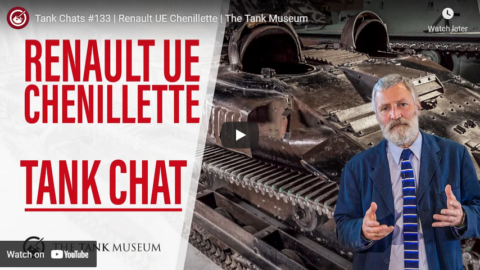The Cold War
Published 6 Jul 2019Our series on the history of the Cold War period continues with a documentary on the Marshall Plan and how the USA was able to help in the rebuild of the post-War World and gained valuable allies while doing it
Consider supporting us on Patreon: https://www.patreon.com/thecoldwar
November 24, 2021
The Marshall Plan
Rousseau versus “original sin” in modern-day culture
In UnHerd, Mary Harrington ponders the two irreconcilable camps struggling for cultural supremacy in western countries, as most recently highlighted by the Kyle Rittenhouse trial in Kenosha, Wisconsin:

Portrait of Jean-Jacques Rousseau (1712–1778) by
Maurice Quentin de La Tour, circa 1753.
Wikimedia Commons.
The Rittenhouse argument is just such a case. It’s powered by a profound disagreement about human nature: one that fuels many of the most intractable modern culture wars, from Mumsnet bunfights about babycare to arguments about classroom discipline and what the police force is for.
Are humans naturally good given the right circumstances? Or are we flawed and in need of threats and guidelines to keep us on the straight and narrow? The split is a legacy of radical ideas stretching back to the revolutionary 18th century.
Perhaps the most famous proponent of intrinsic human goodness is Rousseau, who claimed in Emile (1762) that children are born virtuous. As Rousseau sees it, we only need freedom, love and the right environment to spontaneously come to an understanding of what’s right.
When Emile was first published, it stood in stark challenge to the then-dominant view, emerging from the Christian tradition, that humans are tainted by “original sin”. From this vantage point, we’re naturally flawed, and must always struggle against our less virtuous instincts. Rousseau’s claim so appalled adherents of this then-dominant view that copies of his book were burned in the street.
Today, though, the boot is on the other foot. The high-status view among contemporary elites is unmistakeably Team Rousseau.
At the tiniest scale, it’s expressed in the school of parenting that believes it’s wrong or even cruel to teach children how to live. I’ve written before about the currently popular ideas of “attachment parenting” and “gentle parenting”, which emphasise self-discovery in a loving environment over routine, authority or punishment — and about how these views skew wealthy and liberal.
In education settings, the same idea appears as “child-centred pedagogy”, an approach that emphasises individual pathways and discovery over rote learning and teachers as authority figures. And at the biggest scale, it crops up as the claim that all the root causes of crime are external to humans: poverty, trauma, discrimination and so on. From this perspective, if we could only replace policing with tailored community services that eliminated these root causes, there would no longer be any crime.
Even outbreaks of mass public disorder are treated by Team Rousseau as an unfortunate-yet-understandable response to bad governance: when BLM protesters in Baltimore toppled a statue of Christopher Columbus last year, the Democrat politician Nancy Pelosi responded by shrugging it off as a natural expression of that community’s wishes. If the community doesn’t want the statue, she said, “the statue shouldn’t be there”. From this vantage point, public unrest is something akin to the weather: a naturally-occurring phenomenon in which leaders must strive to create the conditions for goodness, or else “people will do what they do”.
Tank Chats #133 | Renault UE Chenillette | The Tank Museum
The Tank Museum
Published 6 Aug 2021In this weeks Tank Chat, Curator David Willey talks about the Renault UE Chenillette. A light tracked armoured carrier produced by France between 1932 and 1940.
Support the work of The Tank Museum on Patreon: ► https://www.patreon.com/tankmuseum
Visit The Tank Museum SHOP & become a Friend: ► tankmuseumshop.orgTwitter: ► https://twitter.com/TankMuseum
Instagram: ► https://www.instagram.com/tankmuseum/
#tankmuseum #tanks
QotD: Homeopathy
The people who wanted money to pay for homeopathic cancer treatment were also, considered as a group, into every other form of quackery you can imagine. Of the 220 campaigners surveyed, 85 mentioned pursuing some kind of dietary anti-cancer magic. Sixty-eight were gobbling nutritional or herbal supplements. Thirty were megadosing with vitamin C. The list goes on, at astonishing length, past acupuncture all the way to magnets. It seems that if you believe in homeopathy, it is possible for you to believe in anything.
Colby Cosh, “Two researchers fashion a tapestry of GoFundMe desperation”, National Post, 2019-01-09.





